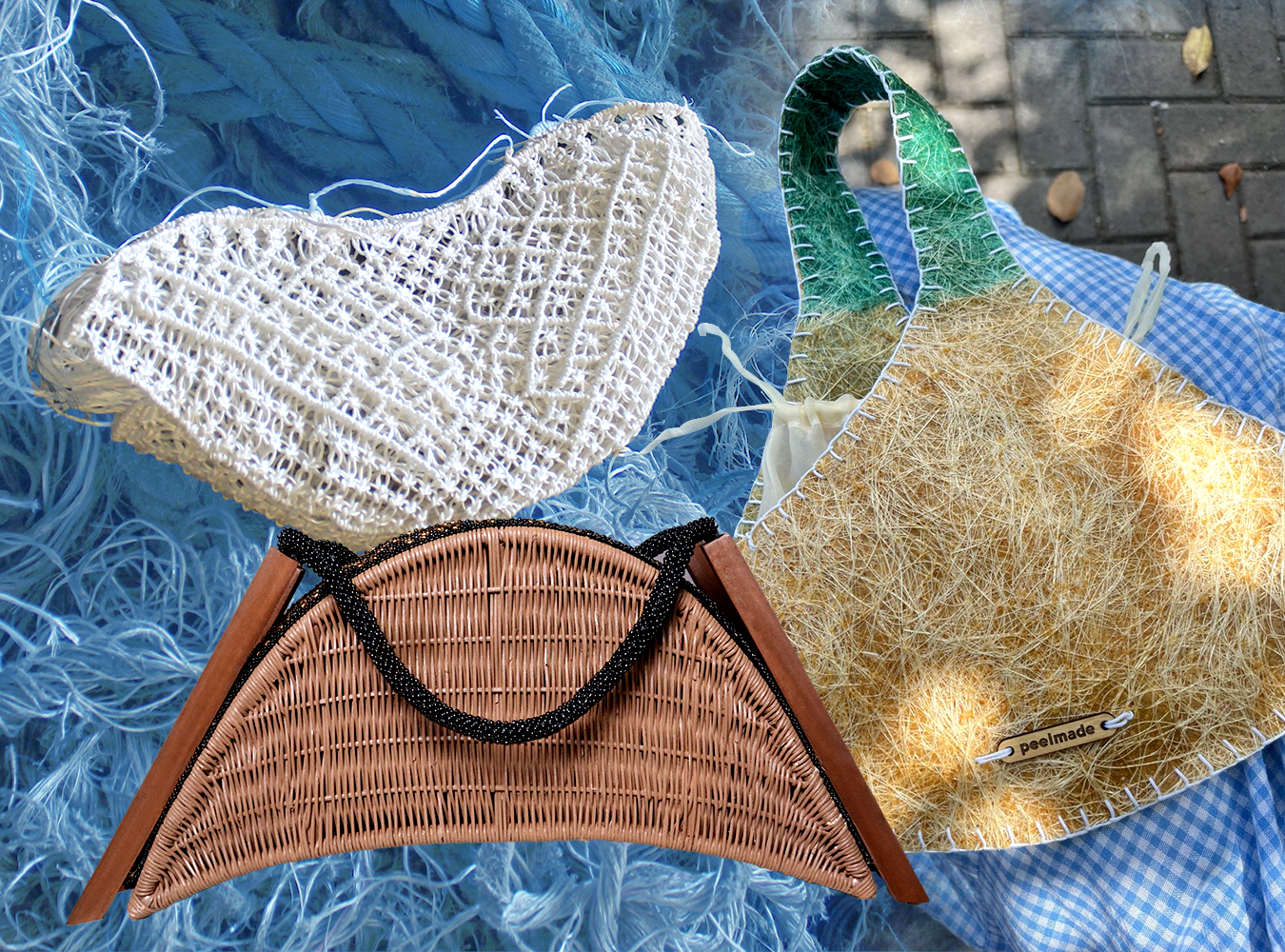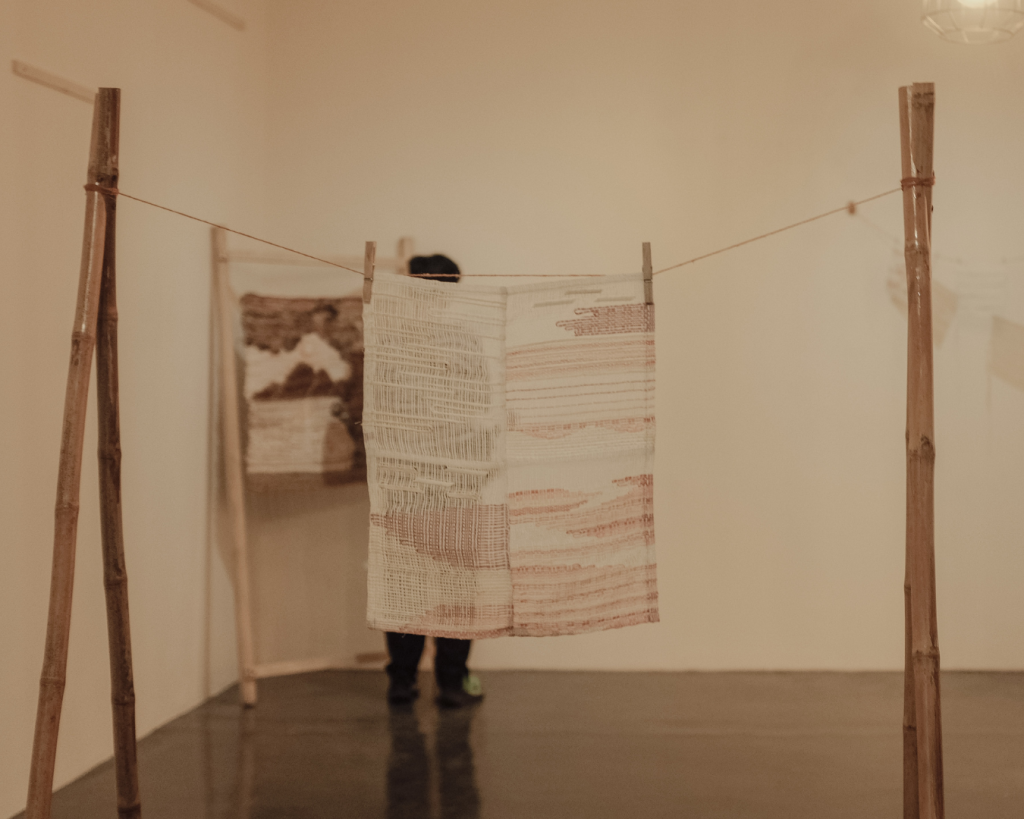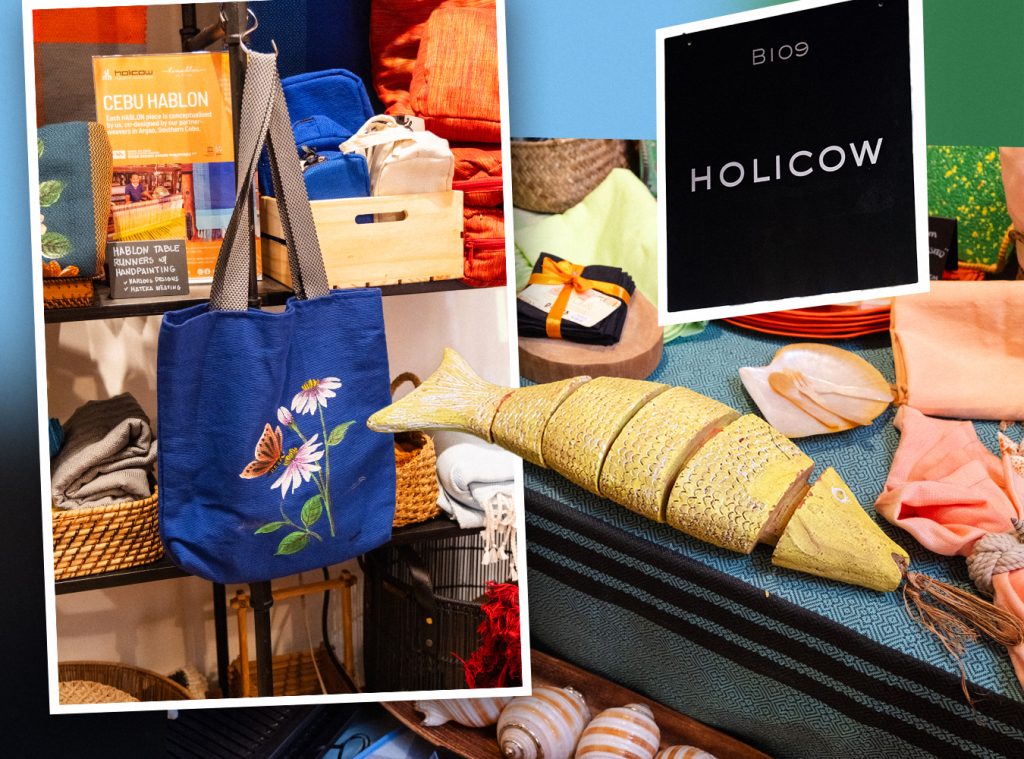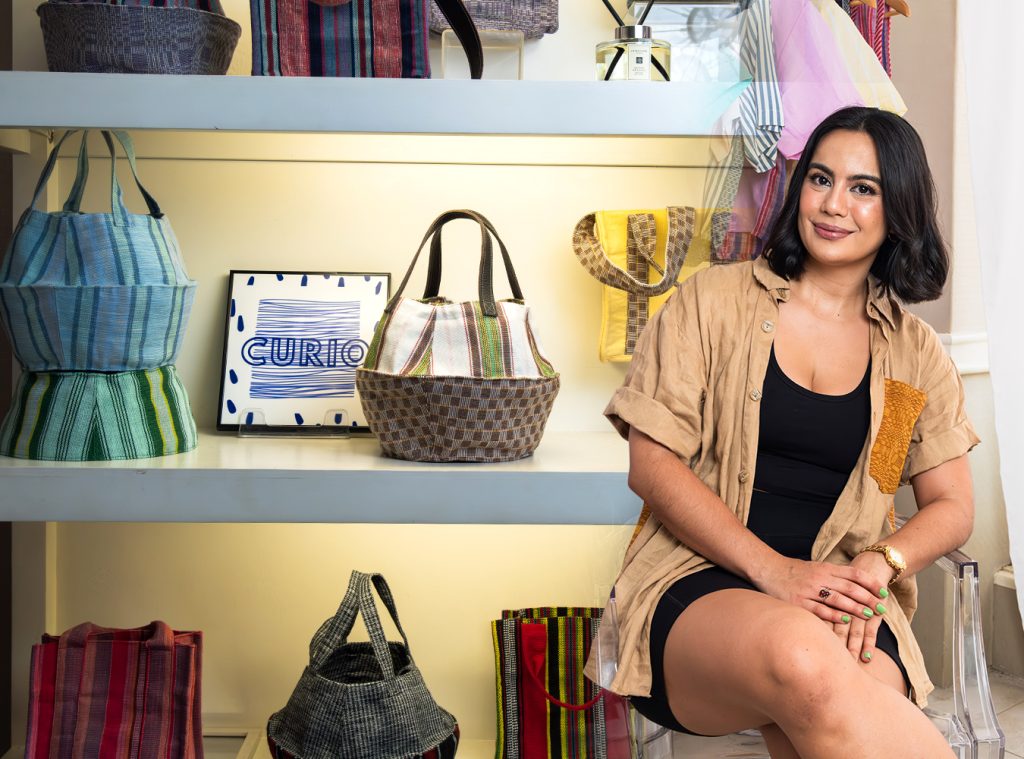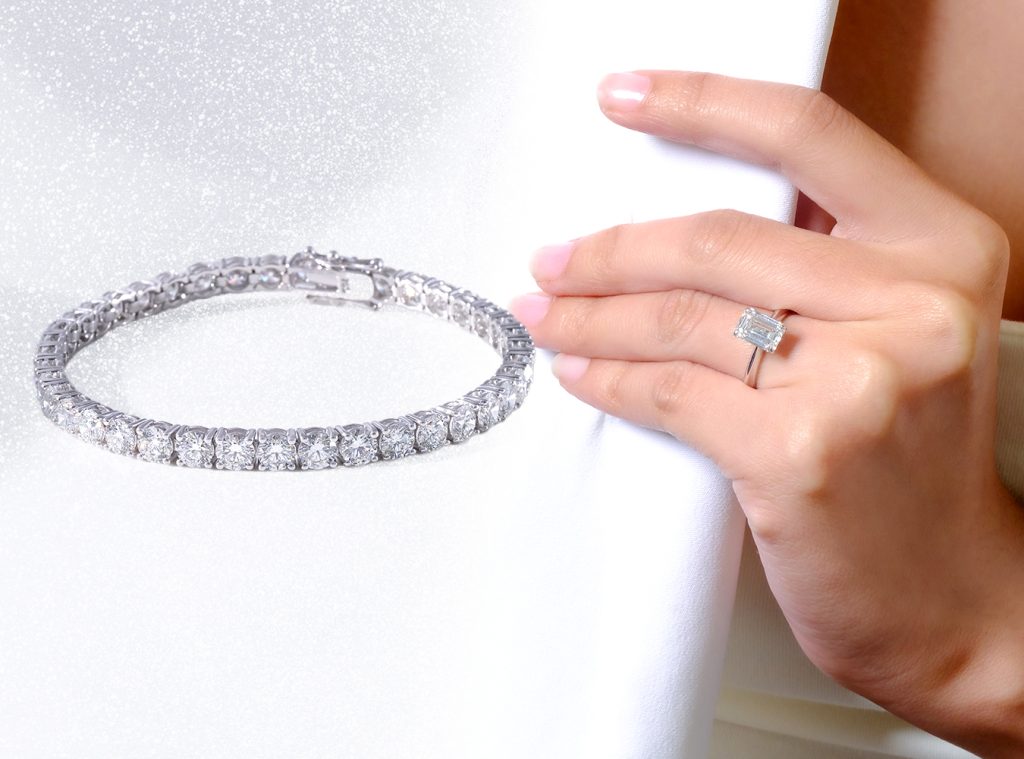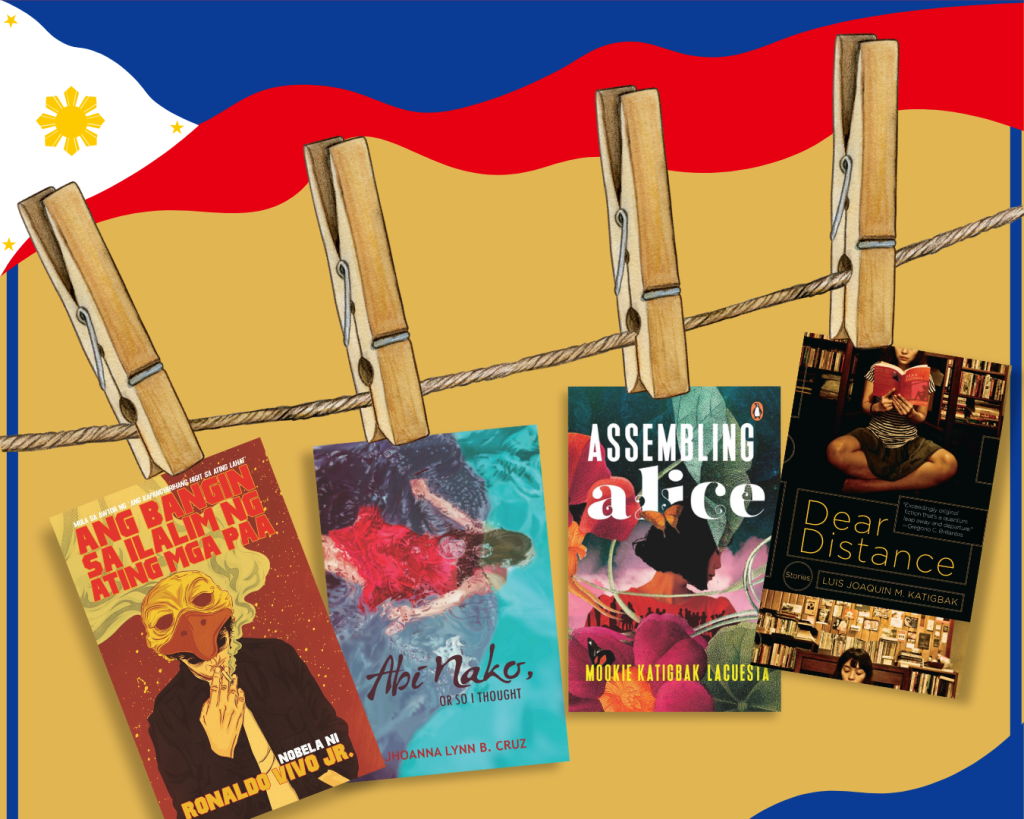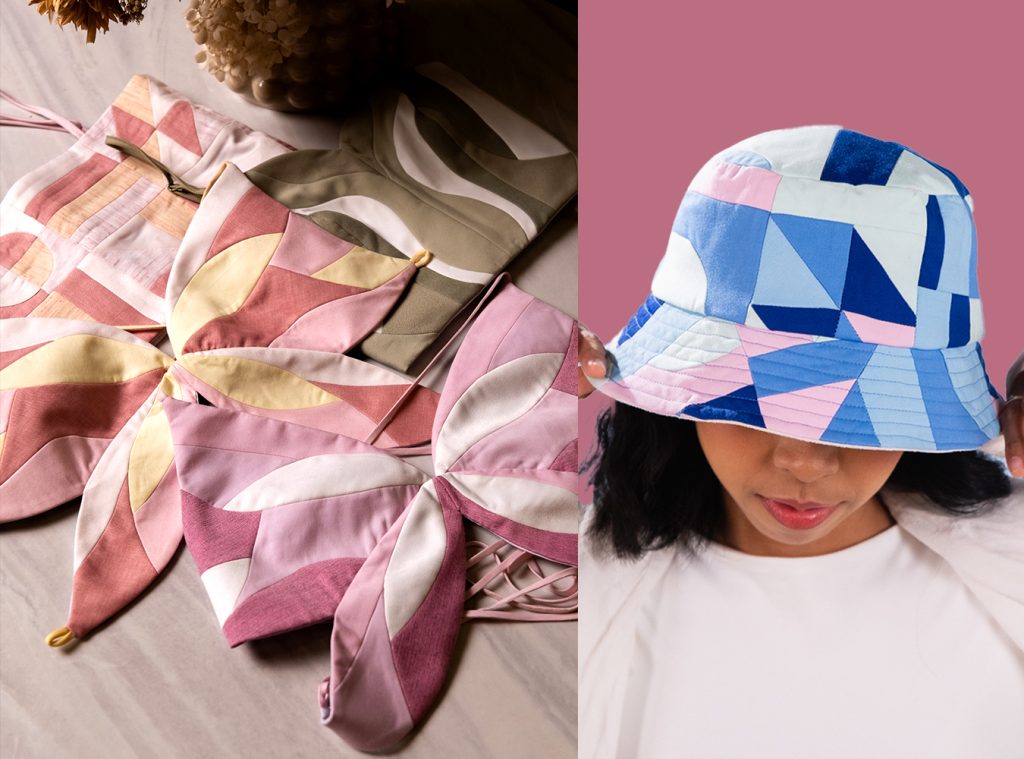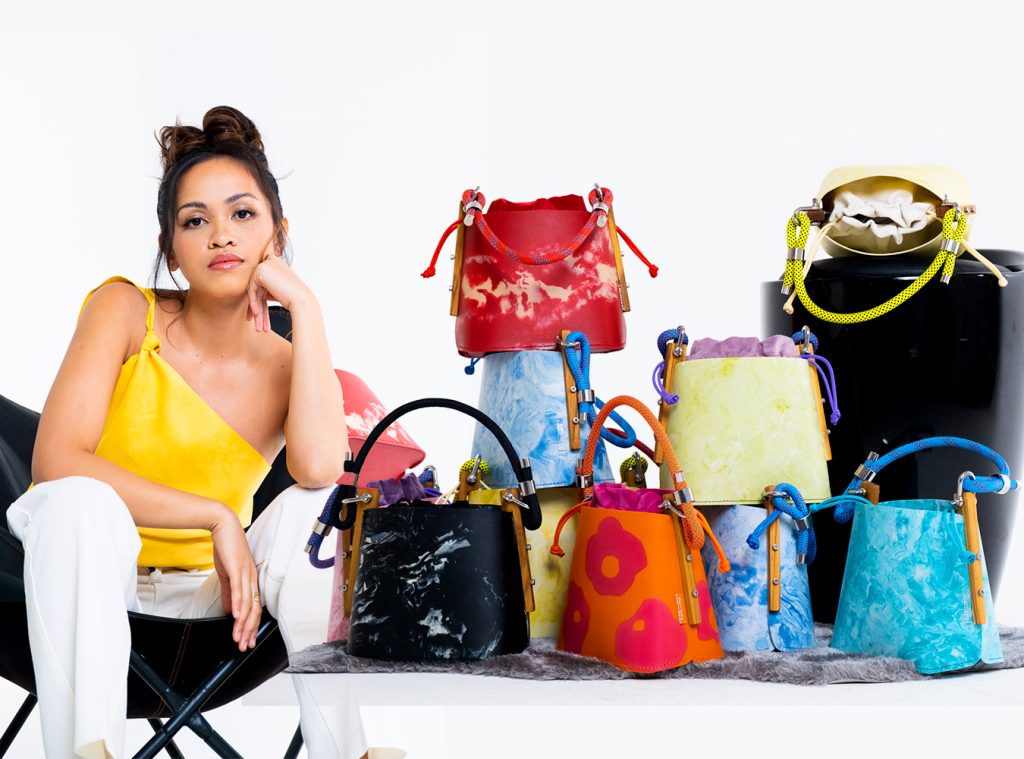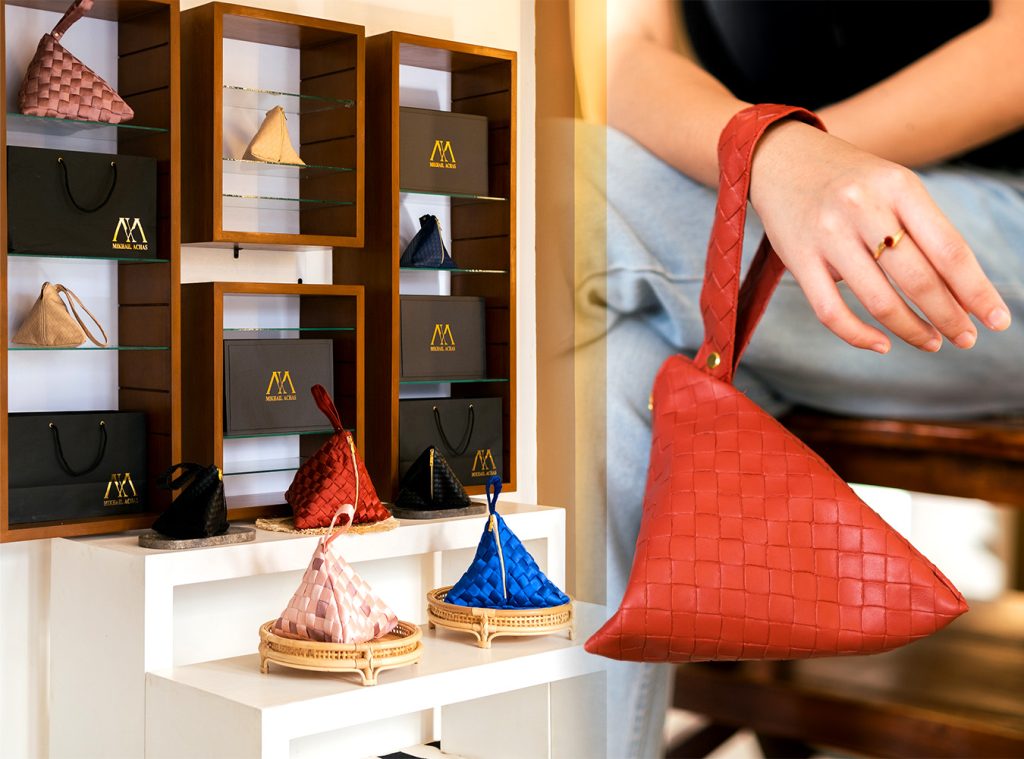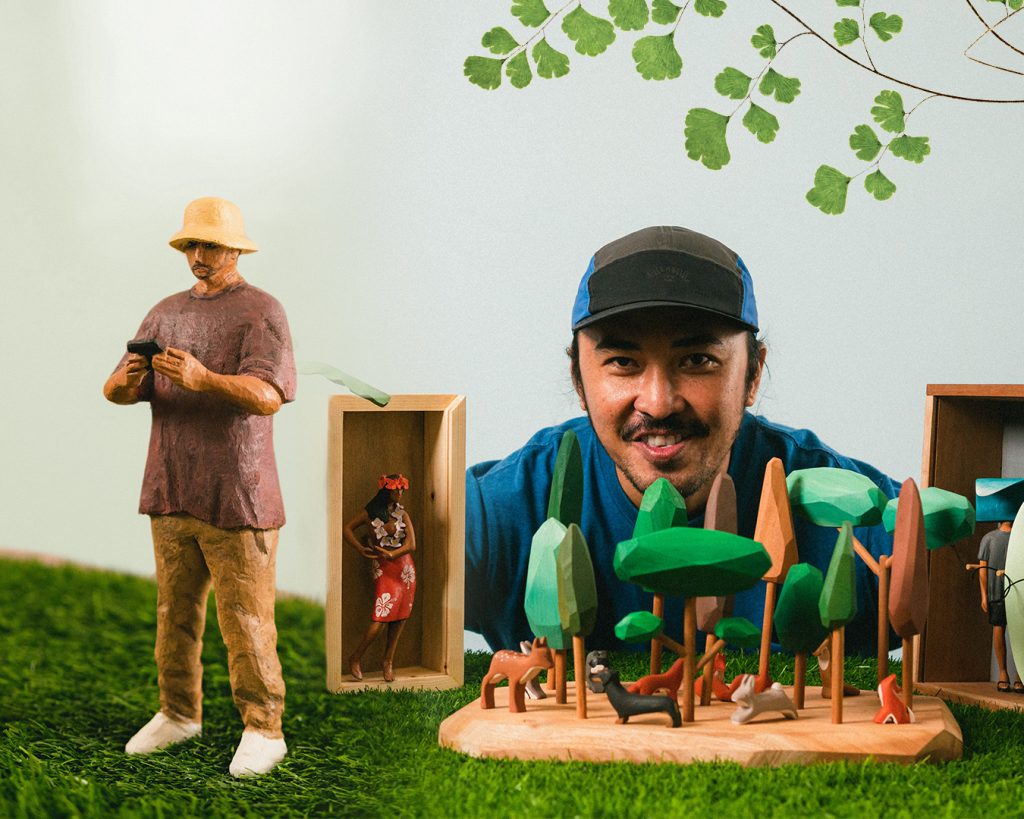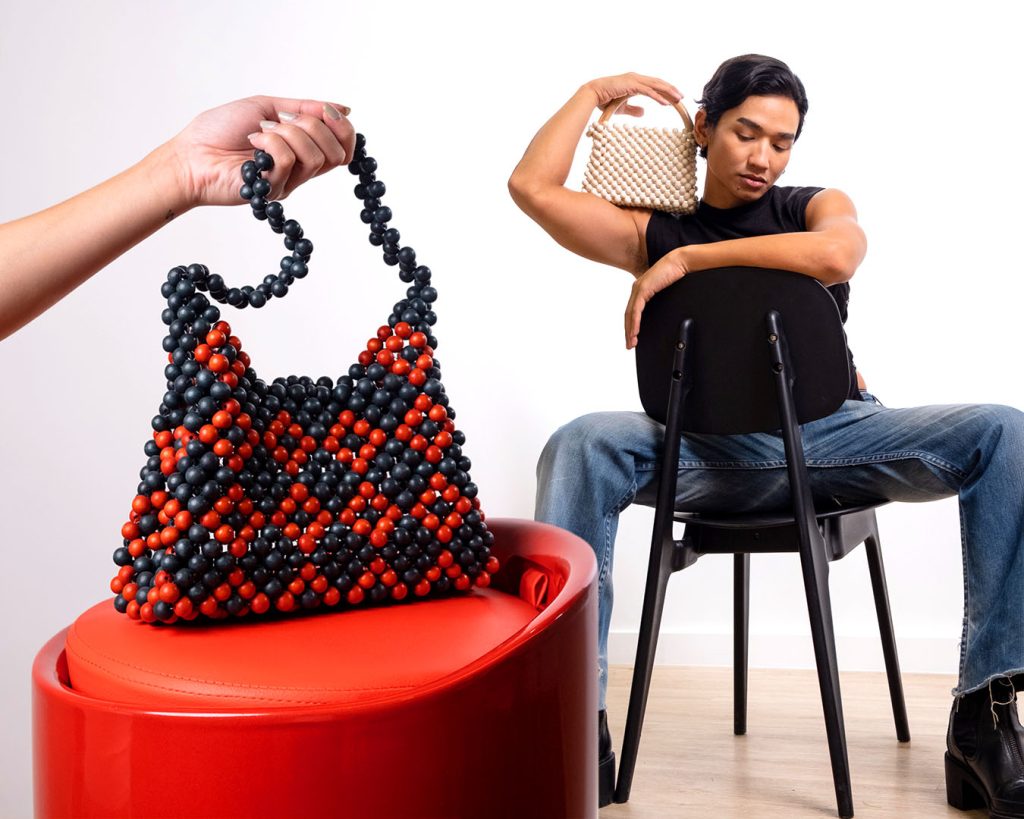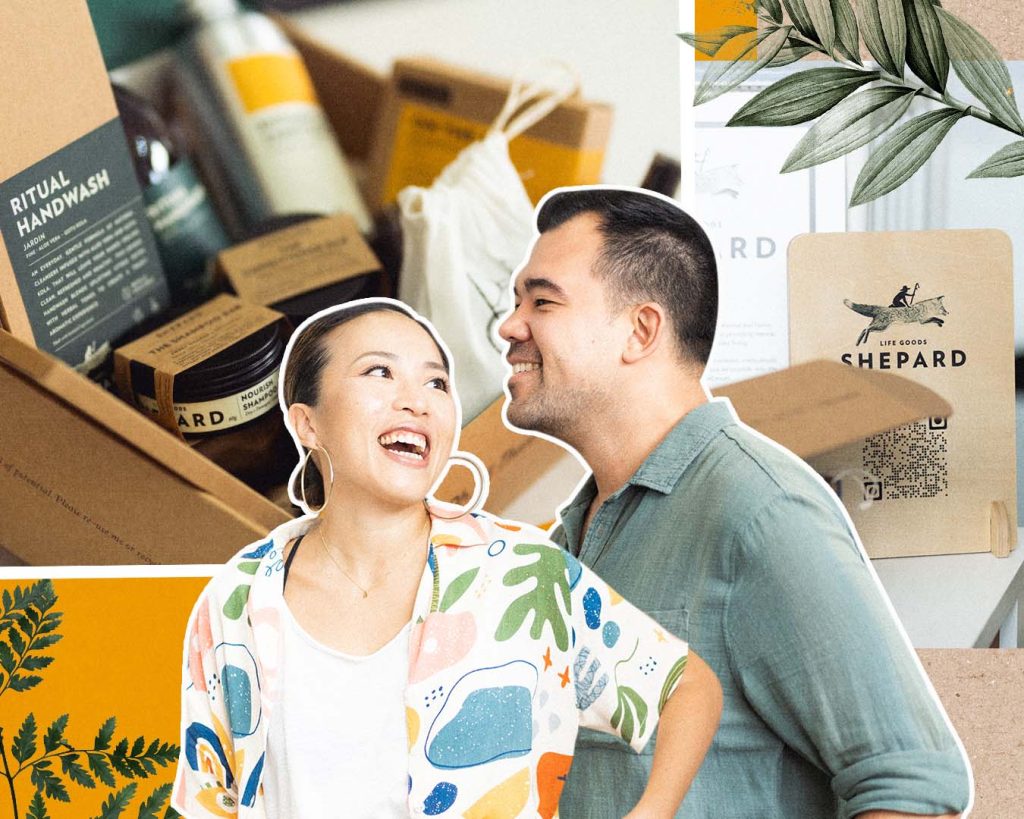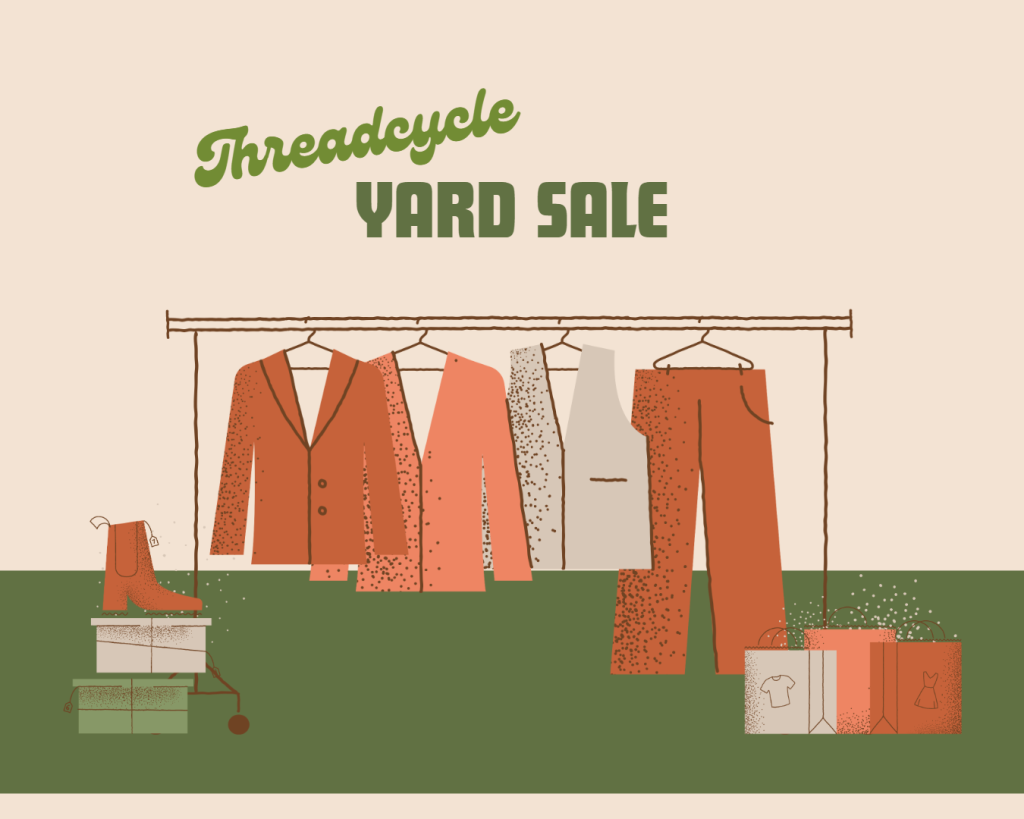Sustainable fashion in the Philippines has come a long way. Once considered too obscure, recent online discourse on TikTok and Instagram shows that the public has now been much more open to calls for responsible consumption. But as with any meaningful conversation, concerns have also been raised—notions that, despite such progress among the mentality of consumers, sustainable brands continue to be inaccessible.
Sure, slow fashion has its challenges—production takes time, and prices can run high. But that doesn’t mean sustainability is out of reach. A new wave of small local brands is proving that style, culture, and eco-consciousness can go hand in hand with accessibility—while also celebrating Filipino craftsmanship. And with Buwan ng Wika as the backdrop, it’s the perfect time to spotlight three rising sustainable bag labels worth knowing about.
Loveling
Launched only two months ago, Loveling is a rising social enterprise currently working with the Subanen indigenous group from Northern Mindanao to create rattan and bead-woven bags.
Their first collection, Lalà, which means to weave in Subanen, was developed from the community’s rich culture and material narratives. With a rattan weave as the main component, they honor a generational practice and their ancient belief in the fiber’s sacred nature.
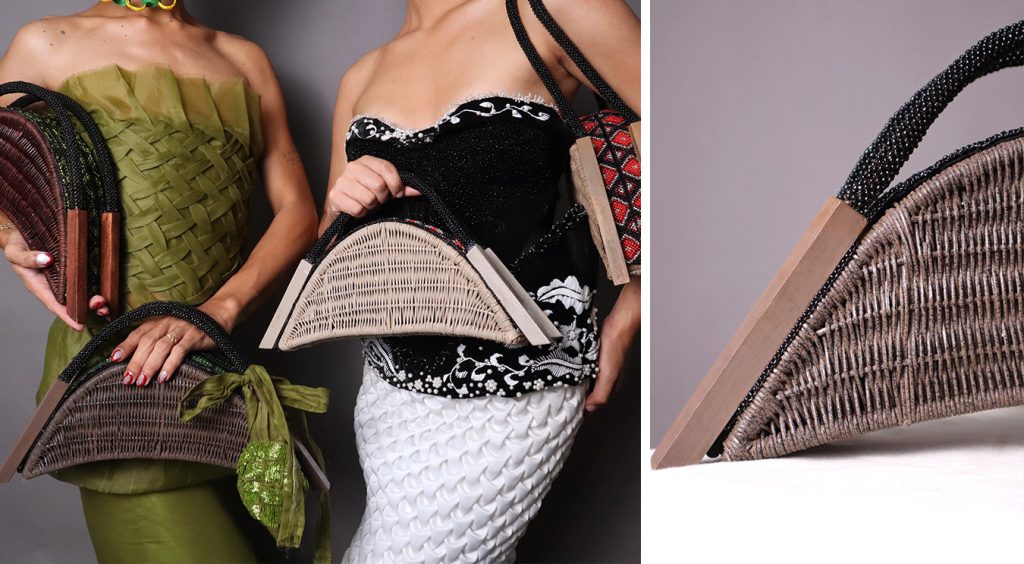
They also highlight their craftsmanship in beadwork, using the colors that represent Subanen values—red for kinship, yellow for the energy of the sun, and green for their relationship with the environment. The final output: A bag that showcases two significant Subanen weaving practices, shaped in the form of the very mountains that represent their identity.
Ensuring sustainability through slow production as well, Loveling takes a two-to-three-week manufacturing period for their Lalà bags. Now open for pre-orders on Instagram, the bags are available in four sizes and customizable colorways, ranging from ₱5,500 to ₱8,500, with 60% of their profits going directly to the Subanen community.
Thaniela
Drawn to stories of the seas, Thaniela is an up-and-coming local brand making waves in sustainable fashion by upcycling discarded maritime ropes into ocean-inspired handbags.
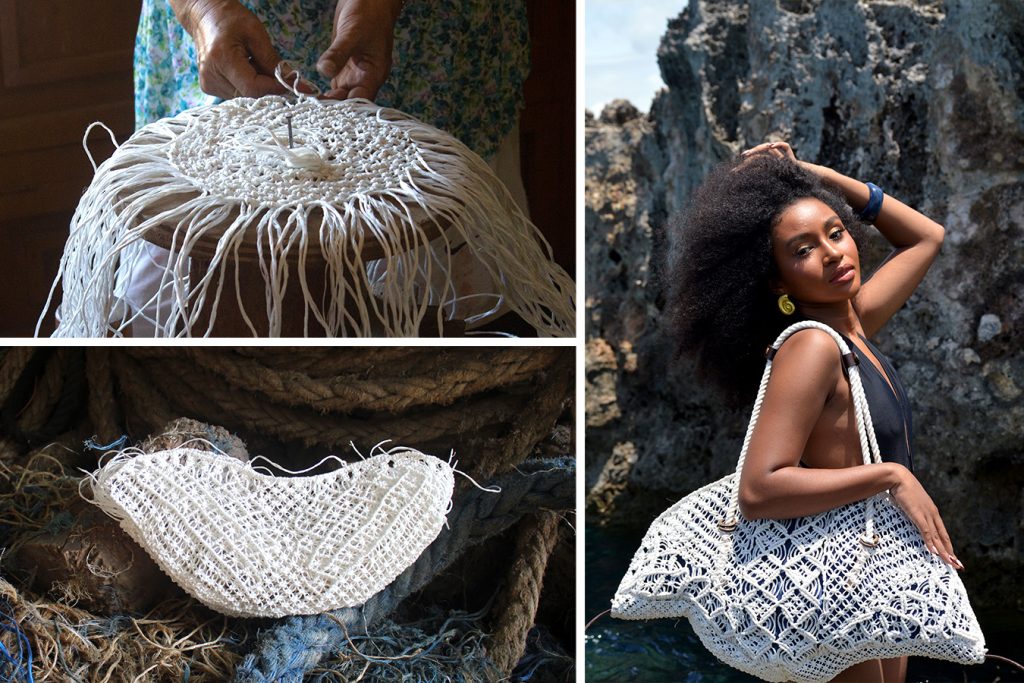
This vision is manifested in their first line, the Alon-Pagi collection. Inspired directly from marine life and tropical functionality, each piece is woven into patterns that reflect elements of the sea, such as nets and corals. The bags are available in three different sizes, taking different forms of stingrays. This theme is then all tied together with the use of water-resistant polyethylene ropes—a final touch that highlights how the bags are not only shaped by the sea, but also made for it.
True to the principles of slow fashion, Thaniela also allots 20 to 30 days to produce these bags in collaboration with the rope-making community in Lapu-Lapu City, whose livelihoods center on buying, repurposing, and weaving ropes from large shipping lines. With their starting rates ranging from ₱4,000 to ₱9,000, each piece is now open for pre-order on Instagram.
Peelmade
Approaching sustainability with a combination of science and design is Peelmade, a local brand in the making that seeks to address food waste by transforming it into a unique biotextile for their line of bags.
The star of the show? Humble calamansi scraps. These scraps are combined with locally grown abaca fibers, creating a sturdy, biodegradable material. The material is crafted into the accessories’ decorative exterior, featuring a textured, flowing design inspired by the different forms of seaweed native to Mactan.
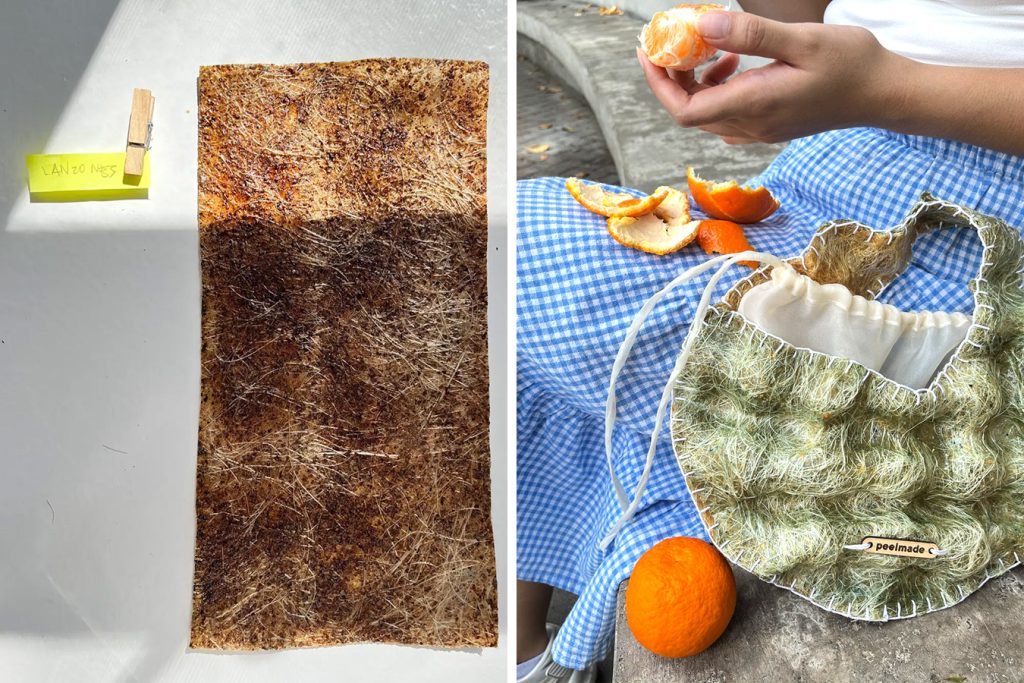
Inside, each piece is lined with organic jusi, a delicate Philippine vegetable fiber, and detailed with blanket stitching, a technique that pays homage to traditional leatherworking. The finished piece is a bag that blends both eco-conscious material innovation and Filipino identity.
A one-woman show at the moment, Peelmade is currently limiting its sales to the biotextile swatches, with pre-orders already open on Instagram for those interested. As for the bags themselves, the brand is already setting its sights on launching them by next year within the price range of ₱2,000 to ₱2,500, positioning itself as an affordable option in the sustainable fashion market.


